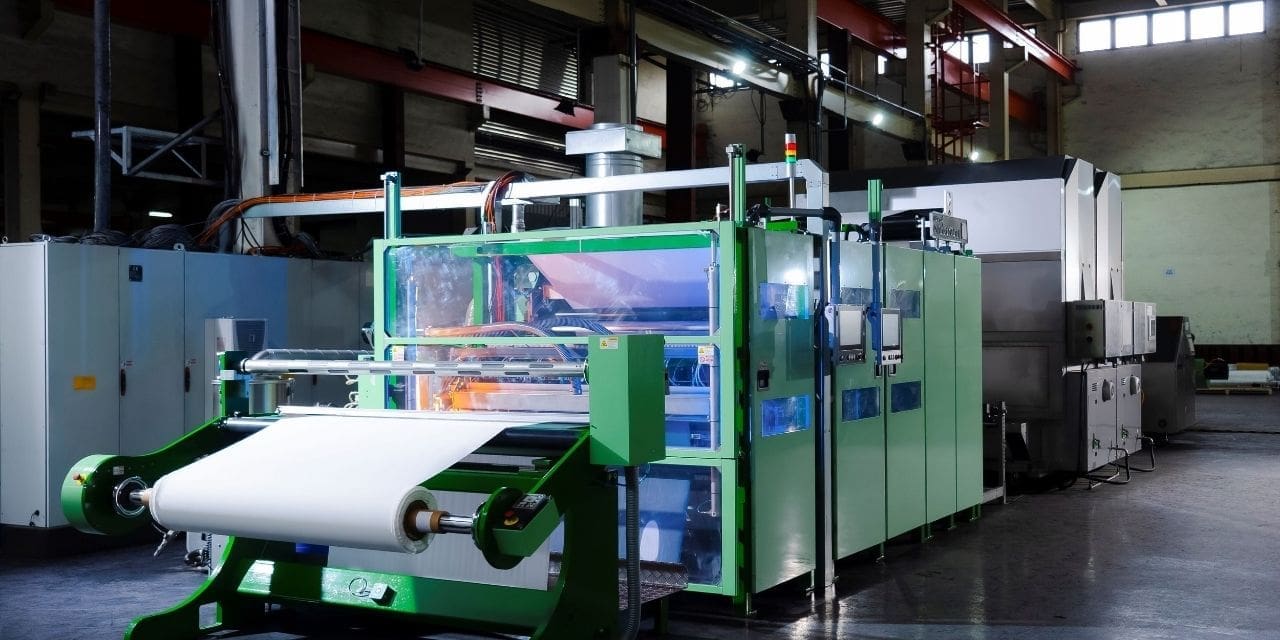Cambridge, UK, 15th July 2024 – The opening of a new office in Taiwan has been announced by Alchemie Technology, a prominent clean-tech digital textile dyeing company with its headquarters located in the UK. Alchemie’s strategic growth enables it to better serve its Taiwanese customer base by offering local commissioning and servicing support. Taiwan’s textile industry places a high priority on research and development (R&D) to promote innovation in new materials and textile technologies, making it a key hub for textiles in the Asia-Pacific region.
Apart from the recently established Alchemie Taiwan operations, the company has grand plans to open cotton dyeing plants in Bangladesh and Turkey, as well as polyester and cotton operations in Central America and Portugal. These developments will strengthen Alchemie’s position as a global leader in the fight to drastically lower the environmental effect of textile dyeing and finishing processes.
The fashion industry still has a long way to go before achieving its environmental, social, and governance (ESG) goals, despite tremendous progress. More than two thirds of the industry’s carbon emissions come from upstream production, and the fashion industry is estimated to be 10% of the world’s carbon emitters. The most powerful fashion brands in the world still mostly rely on fossil fuels for their manufacturing processes, and there has been a concerning lack of development in this area.
In addition to formally opening its first in-market production and demonstration facility in Taiwan, Alchemie introduced its Endeavour low-carbon digital textile dyeing production earlier this year. This facility is specifically designed to dye woven polyester. These programs marked important turning points in Alchemie’s scaling-up process. The Endeavour digital dyeing manufacturing process from Alchemie can eliminate up to 95% of wastewater, cut the number of chemicals needed by up to 30%.

